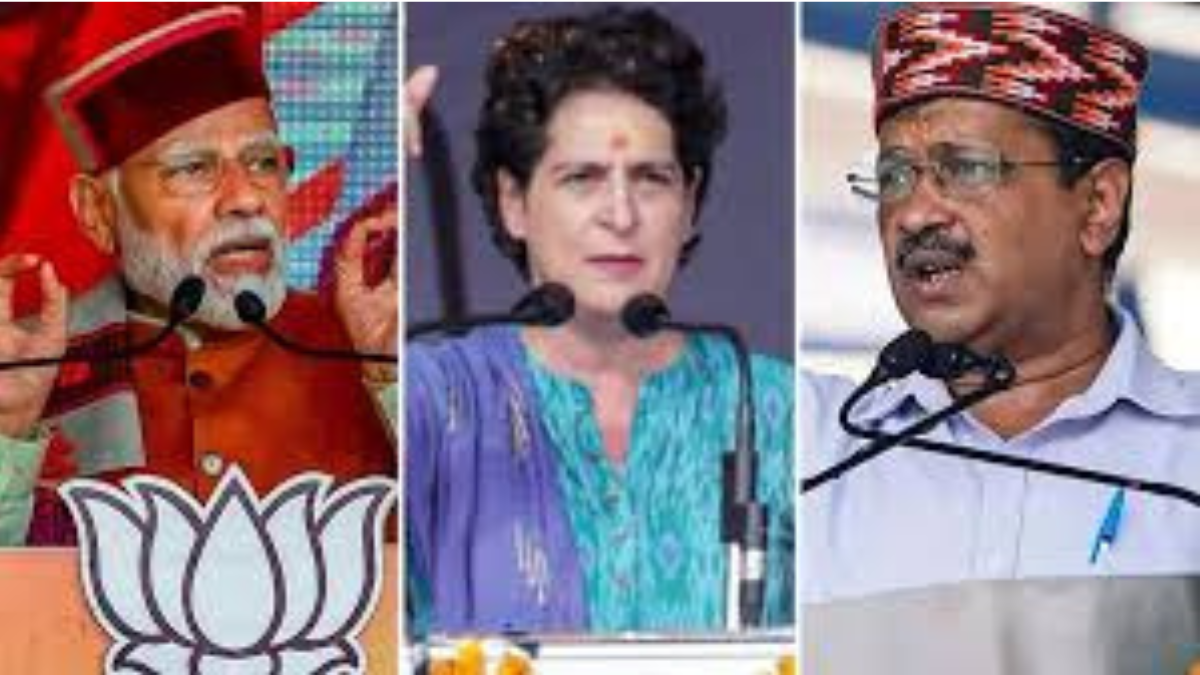In the recently completed state elections, voter turnout in Himachal Pradesh’s urban districts was eight percentage points lower than in the state’s rural constituencies.
After Shyam Saran Negi, the first voter in Independent India, passed away, Chief Election Commissioner (CEC) Rajiv Kumar travelled 600 kilometres to Kalpa in the Kinnaur district of Himachal Pradesh to visit with his family.
“Shyam Saran Negi’s dedication and sense of duty should be an example for the country’s young voters to emulate,” CEC Rajiv Kumar said after meeting the family members. “It will be a true tribute to the departed soul if we fully participate in the ensuing election and strengthen the foundation of our democracy.”
The average turnout in the recently ended Himachal Pradesh Assembly election in urban areas was lower by eight percentage points as compared to the state’s rural seats, data showed, despite his and the Election Commission’s attempts to increase voter turnout.
According to election commission data, the Shimla Assembly constituency not only had the lowest turnout of 62.5 percent, which was over 13 points fewer than the state’s all-time high turnout of 75.6%, but it was also 1.4 points lower than in 2017’s election.
According to sources with the Election Commission, urban Shimla’s significant localities, such as government colonies, saw one of the lowest voter turnouts in the range of 50%. Other urban areas likewise had lower turnout than the state as a whole. For instance, Kasumpti received 68.3 percent of the vote, Solan 66.8 percent, and Dharamshala 70.9%. In all, 67.6% of voters turned out in urban regions on average, which is eight percentage points less than voters in rural constituencies.
Rural regions of the hill station saw higher voter turnout despite the challenging terrain. Tashigang, the world’s highest voting place (at over 15,000 feet), got a whopping 100% turnout despite the bad weather.
The polling officers travelled three kilometres (two miles) by road to Khurched in Lahaul Spiti, but due to the steep incline, it took them 3.5 hours to get there. Officer turnout from the booth was 100%, despite the fact that they had to trek through knee-deep snow to get there.
Despite being 14 kilometres away and at an elevation of 11,948 feet, Chasak Bhatori in Bharmaur AC in Chamba saw a turnout of 75.26 percent. Despite all odds, the average voter turnout in the 85 polling places located over 10,000 feet was close to the state average.
To accomplish this amazing feat, 50,000 people were mobilised, according to sources at the Election Commission, who spoke to India Today.
While 76.8% of female voters exercised their right to vote, just 72.4% of male voters did so in the Himachal election on November 12; the female turnout was almost 4.5 percentage points higher than the male turnout and also 2% higher than the overall turnout.
Rajiv Kumar, the chief election commissioner, has been directly addressing the problem of urban and youth apathy. He recently led a 21-kilometer bicycle rally to raise awareness and encourage voters to participate in the electoral process at the national launch of the special summary revision 2023 in Pune, one of the cities with the lowest voting turnout.
The post Despite the Election Commission’s best efforts, metropolitan regions had lower voter turnout in the Himachal elections. appeared first on OUR INDIA.



